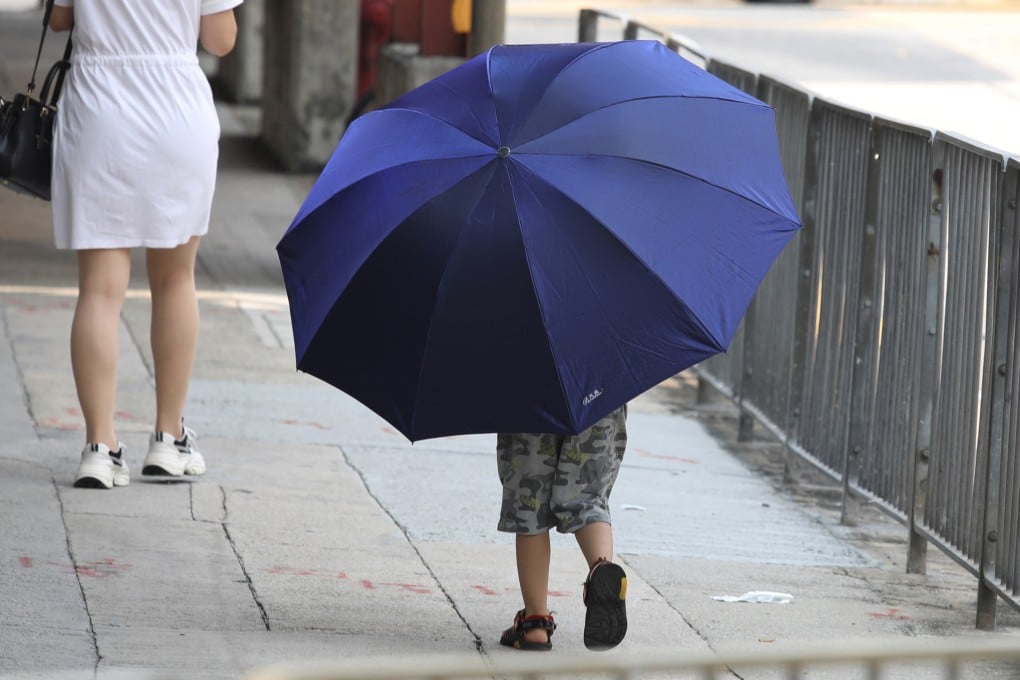Advertisement
Opinion | Child abuse: protection for Hong Kong’s most vulnerable cannot wait
- If the incoming government is to achieve its full potential, it must accord child protection the highest priority, not least because it is an investment in the future.
- Banning corporal punishment at home would be a good place for John Lee to start
Reading Time:3 minutes
Why you can trust SCMP

Although child welfare groups in Hong Kong have been campaigning ceaselessly for many years to protect the most vulnerable, child abuse refuses to go away. Yet, despite shocking revelations as to its incidence, successive governments have failed to enact the laws the situation demands. The cycle of child abuse must, however, be broken, and the statistics show why.
Advertisement
On May 11, the Social Welfare Department disclosed that child abuse cases rose by 45 per cent to 1,367 in 2021, and this was only the reported cases, a fraction of the whole. Whereas 43.4 per cent of the cases involved physical abuse and 32.8 per cent sexual abuse, another 20.1 per cent concerned child neglect. The remaining cases either involved psychological abuse or multifaceted abuse.
As regards the victims, 25.7 per cent were children aged between 12 and 14, while 59.9 per cent of the perpetrators were parents, followed closely by friends and peers.
In the cases where the parents were the abusers, the Social Welfare Department blamed the abuse on inept parenting, emotional instability and marital discord, with children often being targeted during spousal conflicts. This undoubtedly reflects the low esteem in which children are held by many adults, who consider that their human rights do not kick in until they reach adulthood, a misconception not confined to Hong Kong.
The World Health Organization has pointed out that 60 per cent of the world’s children are regularly subjected to physical punishment, by both family members and carers, and its call for it to end must resonate in Hong Kong. The police force handled 245 child abuse cases in the first three months of 2022, an increase of 29 per cent, and NGOs are also sounding the alarm.
Advertisement
A survey conducted by Against Child Abuse between last November and January, involving 677 children and 470 carers, found that 49 per cent of children aged 6 to 17 were physically abused by them, that 68 per cent had faced loud scolding, and that 45 per cent experienced verbal abuse from parents. As regards frequency, 5 to 11 per cent of the children said they were often or always subjected to such treatment.

Advertisement
